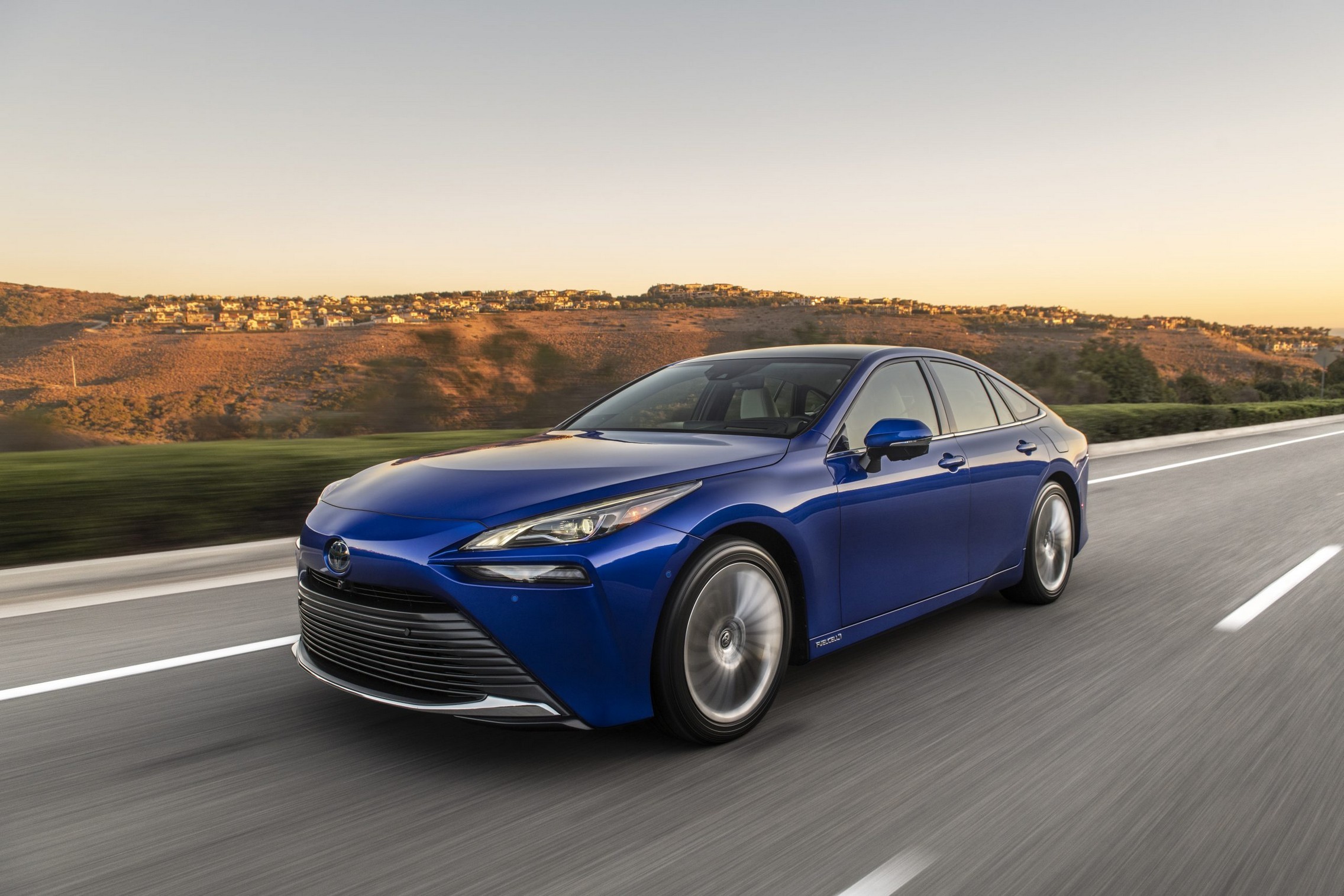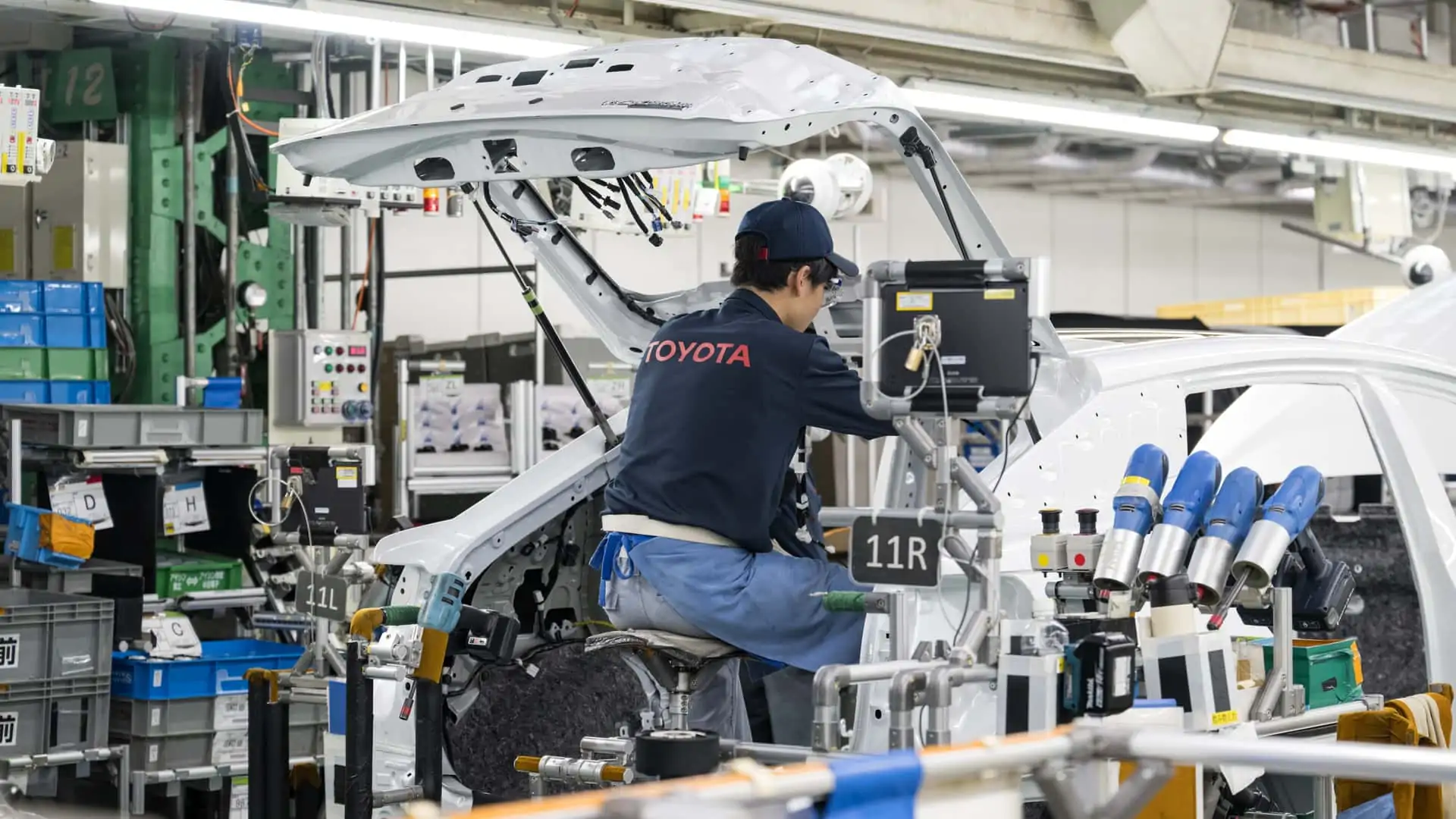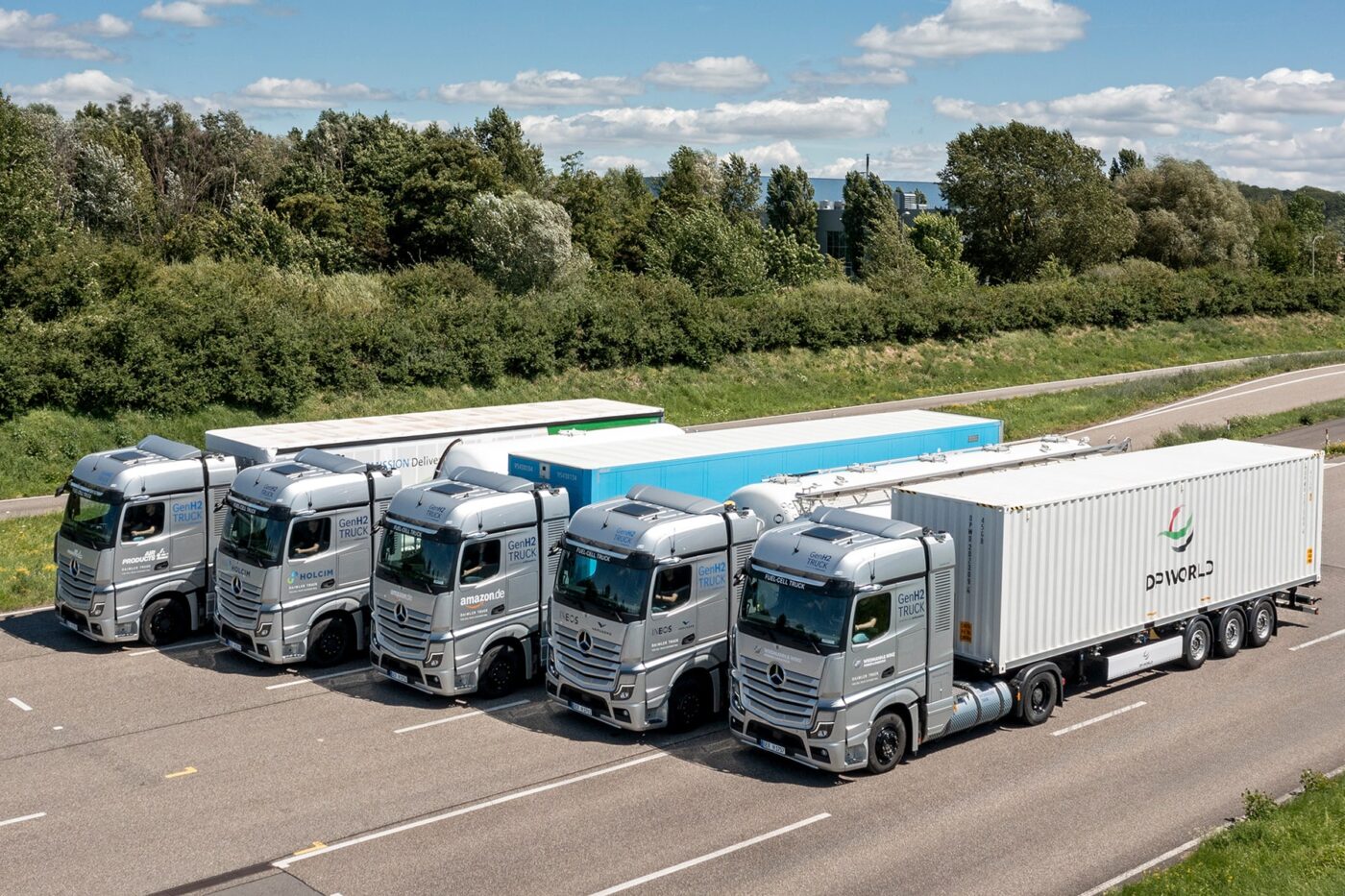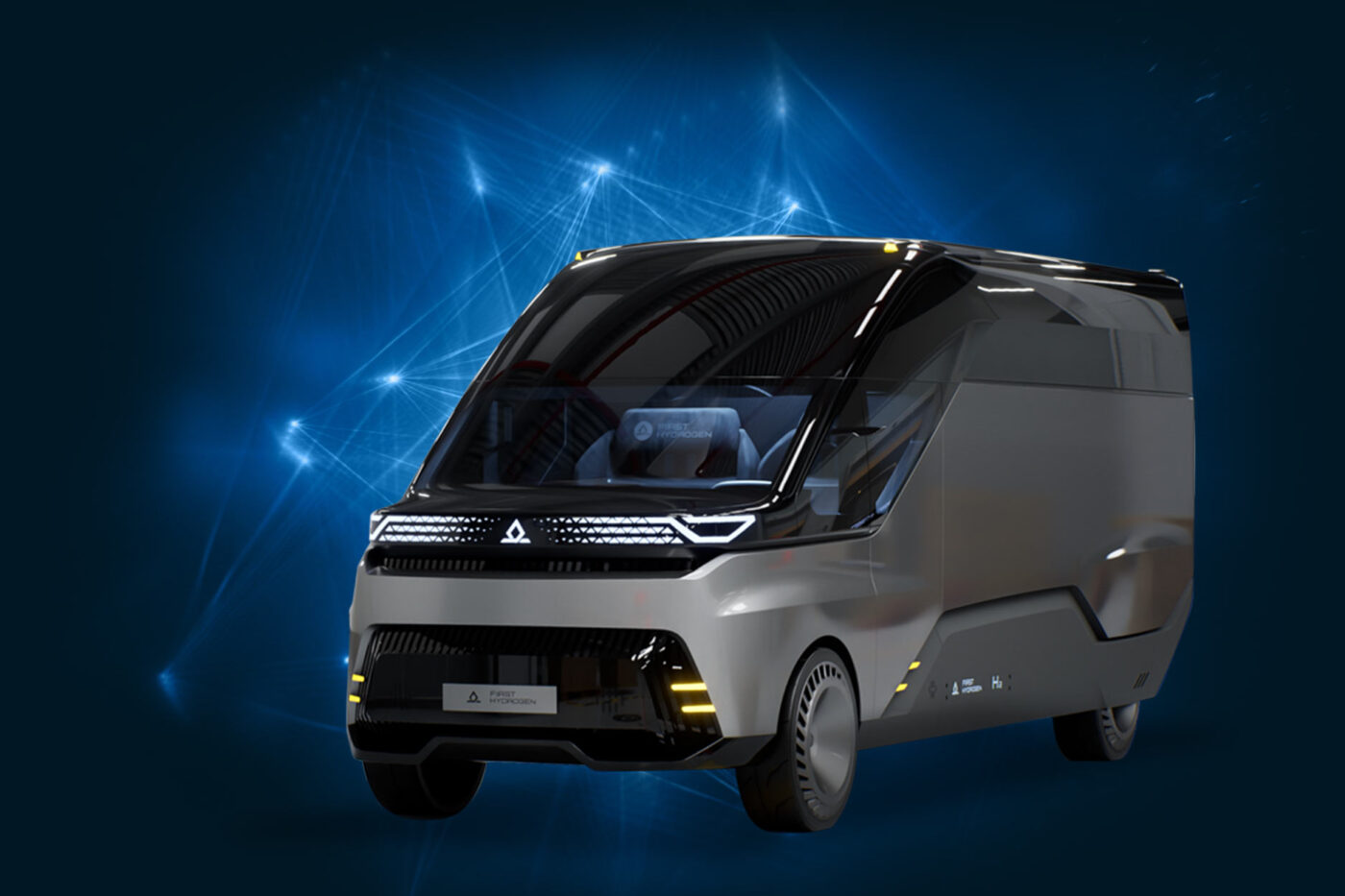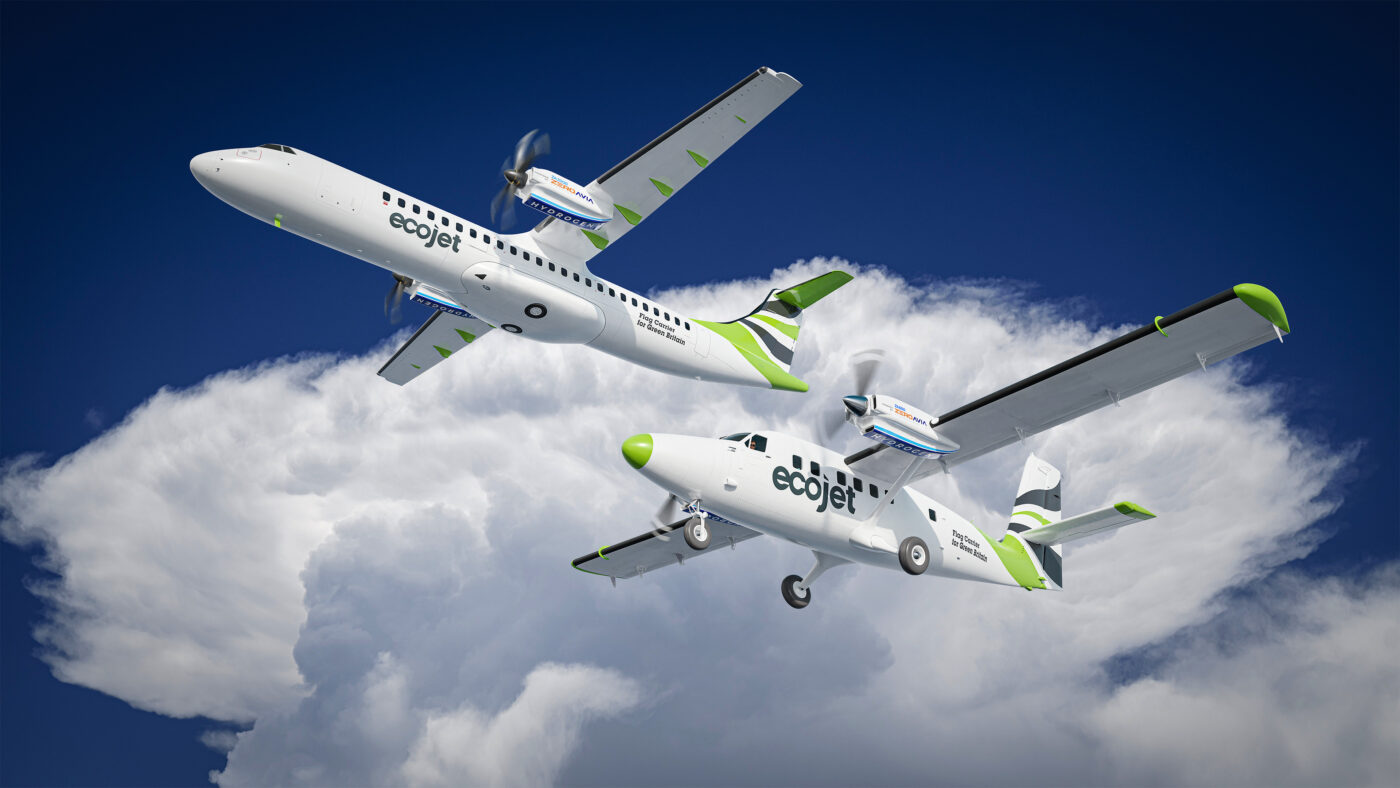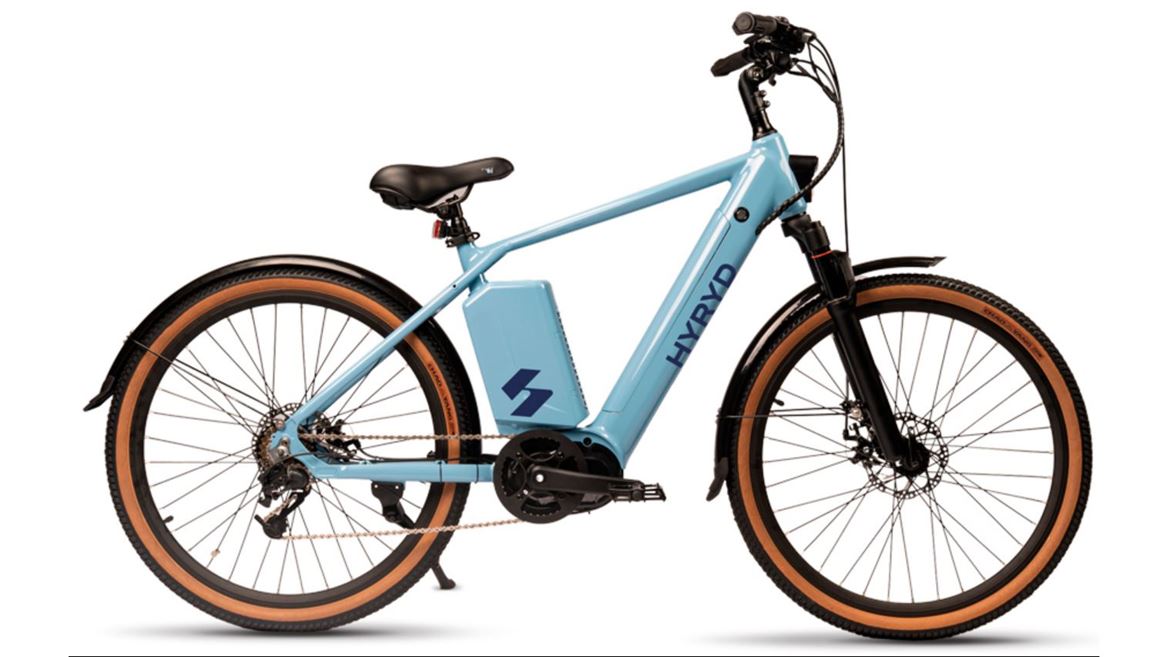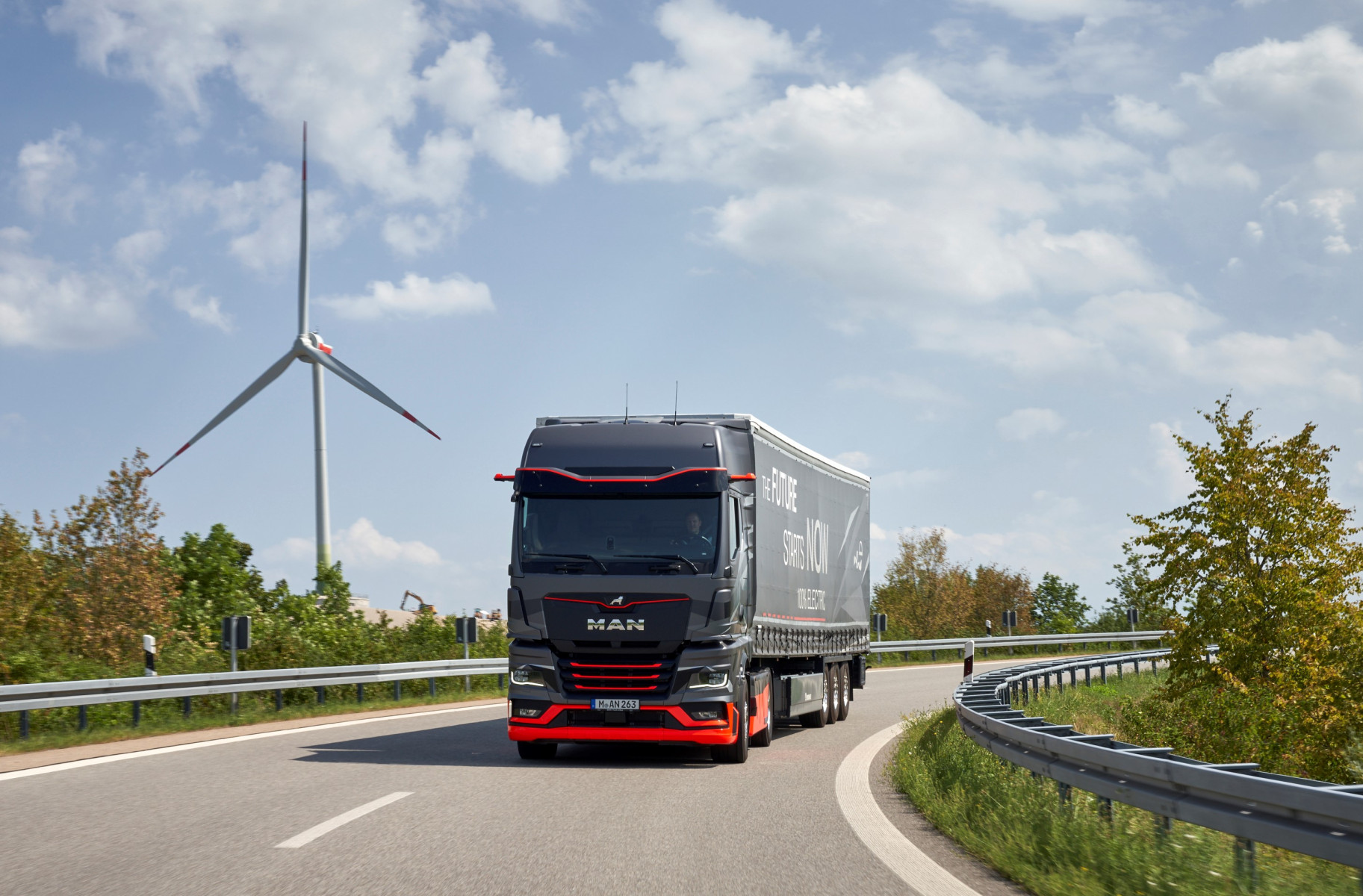A group of Toyota Mirai drivers in California has filed a class-action lawsuit against Toyota, alleging that the automaker misled them about the practicality of using fuel cell vehicles in everyday life.
The plaintiffs claim Toyota’s assertions that “refuelling the Mirai is seamless” and “comparable to refuelling with gasoline” are inaccurate. They argue that the limited number of hydrogen refuelling stations and high hydrogen prices make fuel cell cars “unusable” for many drivers.
See also: Toyota Offers $40,000 Rebate on 2023 Mirai FCEV, Making It Cheaper Than a Corolla
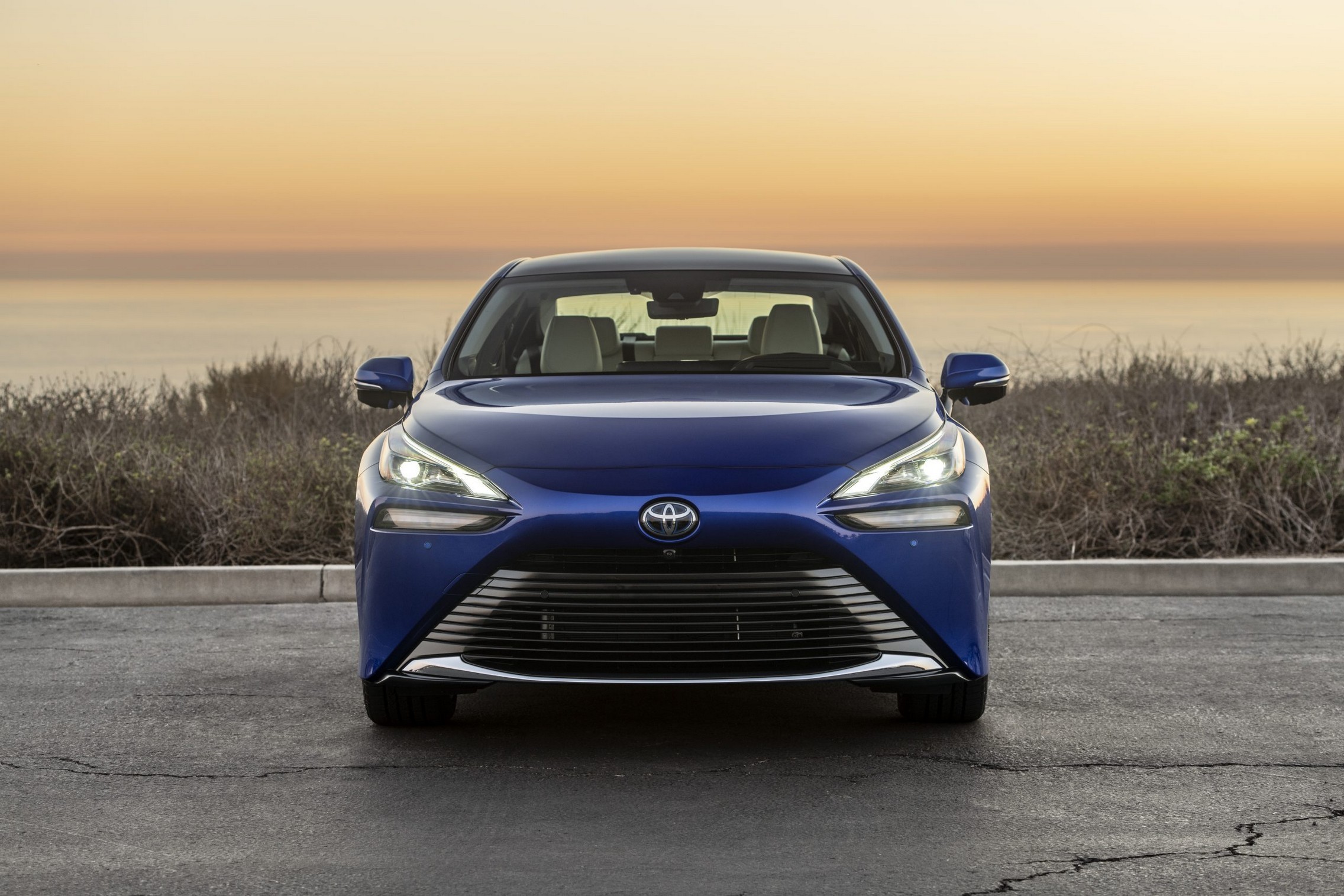
According to Carscoops.com, the cost of hydrogen in the US has nearly tripled over the last two years, rising from $13 per kilogram in 2022 to about $36 per kilogram in 2024.
The drivers also contend that refuelling their fuel cell electric vehicles (FCEVs) often takes hours, assuming they can find a functioning station. Additionally, they assert that the Mirai’s actual range is consistently 100 miles shorter than the range Toyota advertised.
See also: U.S. Hydrogen Fuel Cell Car Sales Plunge in Q2 2024 Amid Market Challenges
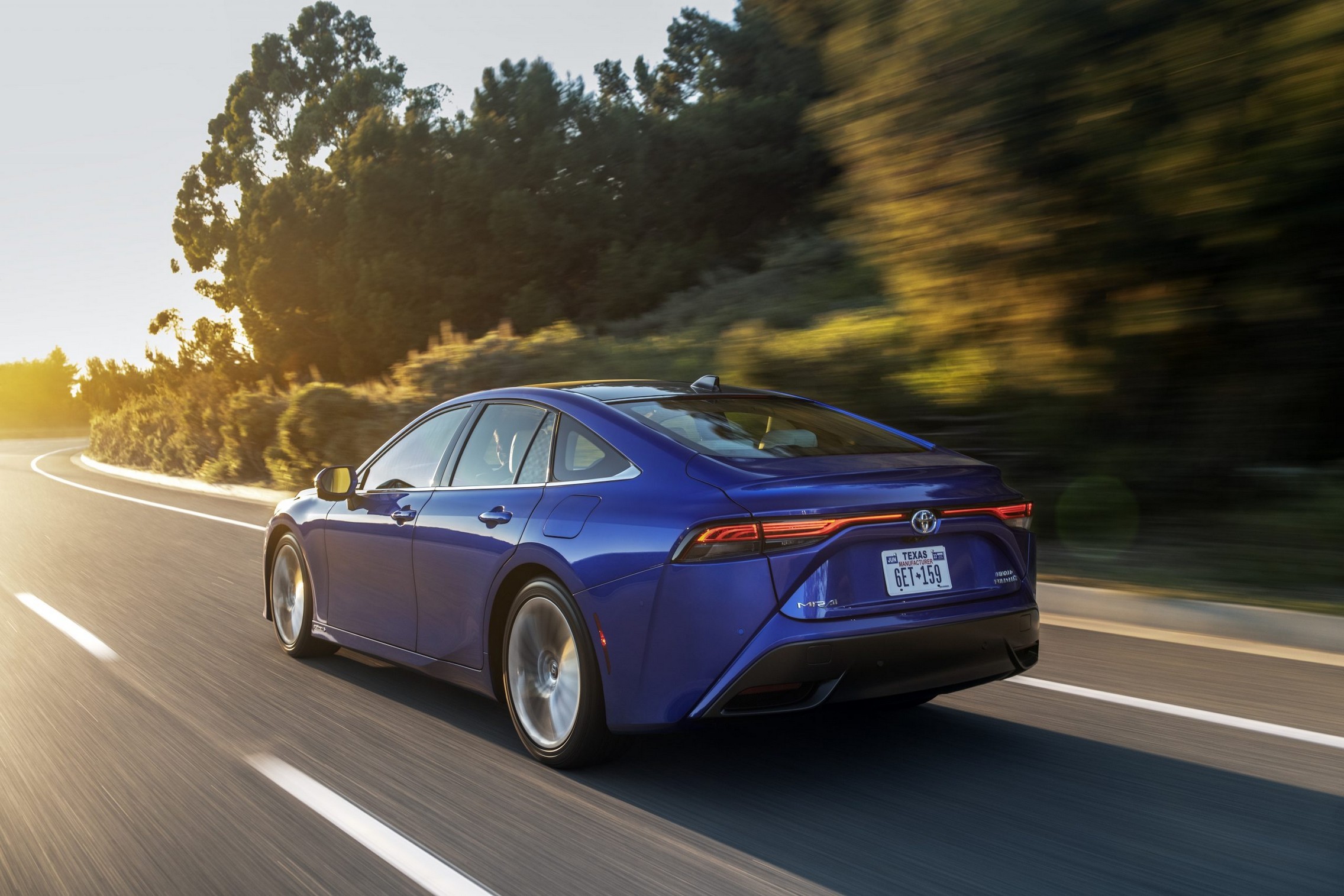
The lawsuit further claims that due to these issues, the resale value of a used Mirai is significantly diminished. After five years, a Mirai reportedly sells for less than 20% of its original price, making it challenging for owners to switch to another vehicle.
The Toyota Mirai is already sold exclusively in California, the only state with a somewhat developed hydrogen refuelling infrastructure. However, the number of refuelling stations is declining.
See also: Shell Hydrogen Closes All California Stations, Signaling Setback for Hydrogen Car Market
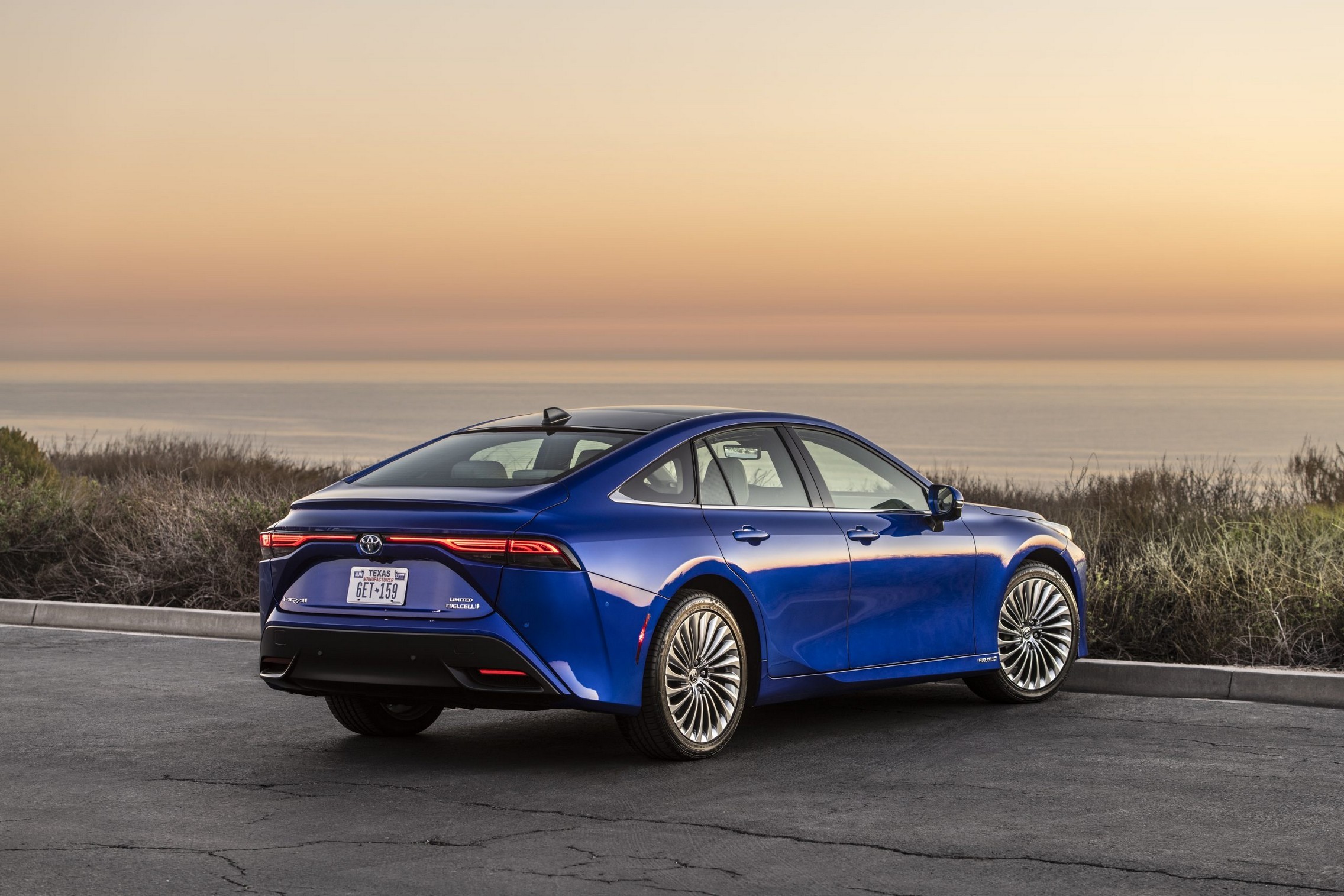
In February, Shell announced the immediate closure of all its hydrogen refuelling stations for cars in California, reducing the number of available stations from 55 to 48. This move has left drivers of the Toyota Mirai, Hyundai Nexo, and Honda Clarity Fuel Cell with fewer refuelling options.
Despite California being a key market for hydrogen-powered vehicles, only 3,143 were registered in 2023, accounting for less than 1% of the battery-electric cars registered in the same period, according to the California Energy Commission.
Toyota Showcases Hydrogen-Powered Mirai Sport Concept at Fuji 24 Hours Race

